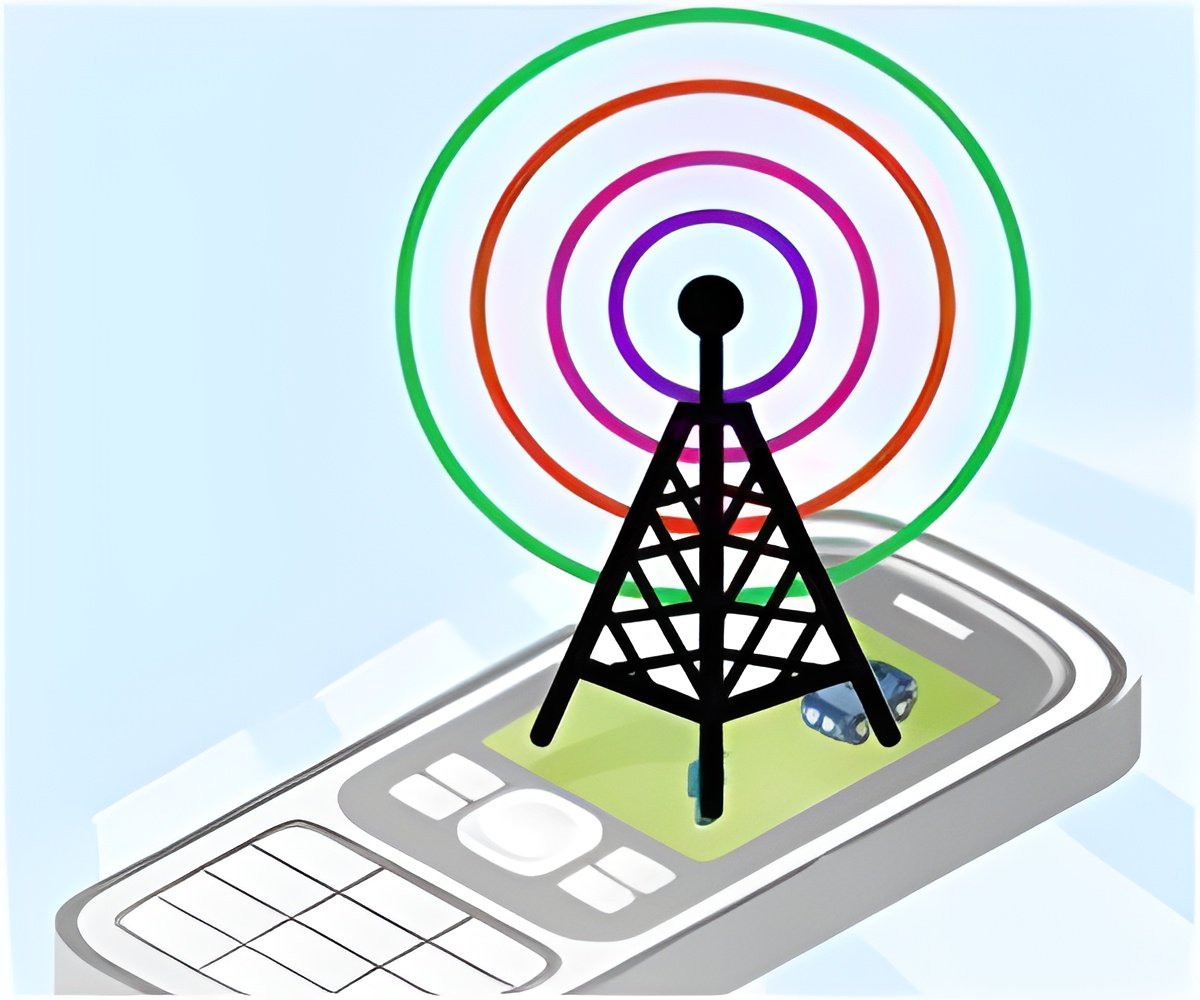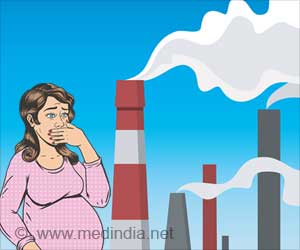Fifth-generation cellular network or 5G can be both useful as well as harmful to health. However, watch out, too much radiation beyond standards of safety can lead to poor health.

‘Fifth generation cellular network or 5G can be both useful as well as harmful to health. However, watch out, too much radiation beyond standards of safety can lead to poor health.’
Read More..




The strength of radiofrequency (RF) signals fields is highest at its source, and as the deployment of 5G would lead to more mobile antennas, there are fears of more radiation leading to poor health. Read More..
Experts are, however, of the opinion that there are not many reasons to fear as long as India follows the standards of safety set by regulatory authorities that are followed in Europe and other developed nations.
The World Health Organization has also played down the fears associated with exposure to RF signals. The only health effect from RF fields identified in scientific reviews has been related to an increase in body temperature from exposure at very high field intensity and this minor increase in temperature do not affect human health, according to the WHO.
"The term 'radiation' has a tendency to lead to confusion and cause fear and misconceptions. However, radiation is of two types - ionising and non-ionising. Non-ionising radiations which are found in mobile devices have not proved to be hazardous for human health," Vaibhav Mishra, Additional Director, Department of Cardiac Surgery, Fortis Hospital Noida, told IANS.
"It is the ionising radiations which one needs to be careful of. For example - the UV (ultraviolet) rays emitted by the sun are ionising in nature and can cause significant damage to our cell structures," Mishra added.
Advertisement
Tarun Sahni from Indraprastha Apollo Hospitals in New Delhi pointed out that many devices like ECG electrodes, pacemakers, ultrasounds emit targeted high frequency radiowaves.
Advertisement
He, however, cautioned that anything used at an extreme degree has the potential to cause some impairment. "Even if there is a risk, it's very minimal," he added.
According to T.V. Ramachandran, President, Broadband India Forum, an association of the telecom network and broadcasters, far from affecting our health adversely, 5G will improve healthcare services.
"As far as the impact of radiation on health is concerned, we have done enough work on that area, and I can tell you that similar concerns were raised when 3G and 4G were rolled out. People with inadequate understanding are raising these issues," Ramachandran said.
"There is nothing at all to be worried about the radiation," he said, adding that whatever research has been done so far has not shown any problem due to the higher frequencies.
On the other hand, as 5G has got some properties like very low latency and very high speed and bandwidth, it can help improve medical care.
"For example, if you want to do remote robotic surgery, it may takes some milliseconds for your commands to reach the recipient. And if you ask the robot to cut a particular part of the body, and if there is a delay of 10 seconds, it may cut the wrong place. But with 5G this delay, which is called latency is reduced to less than 1 millisecond. So that can bring brilliant advancement in healthcare," Ramachandran added.
Source-IANS









